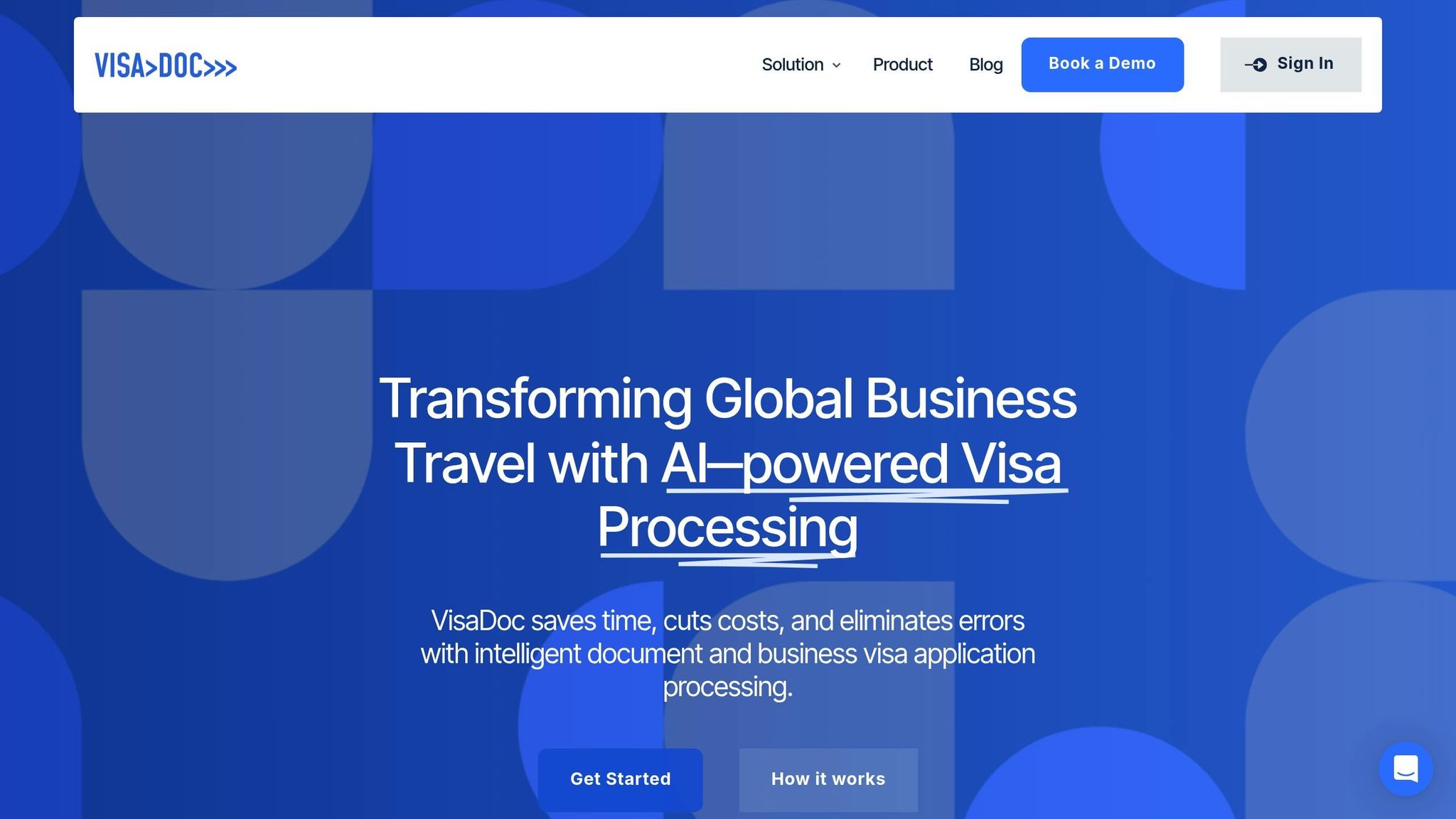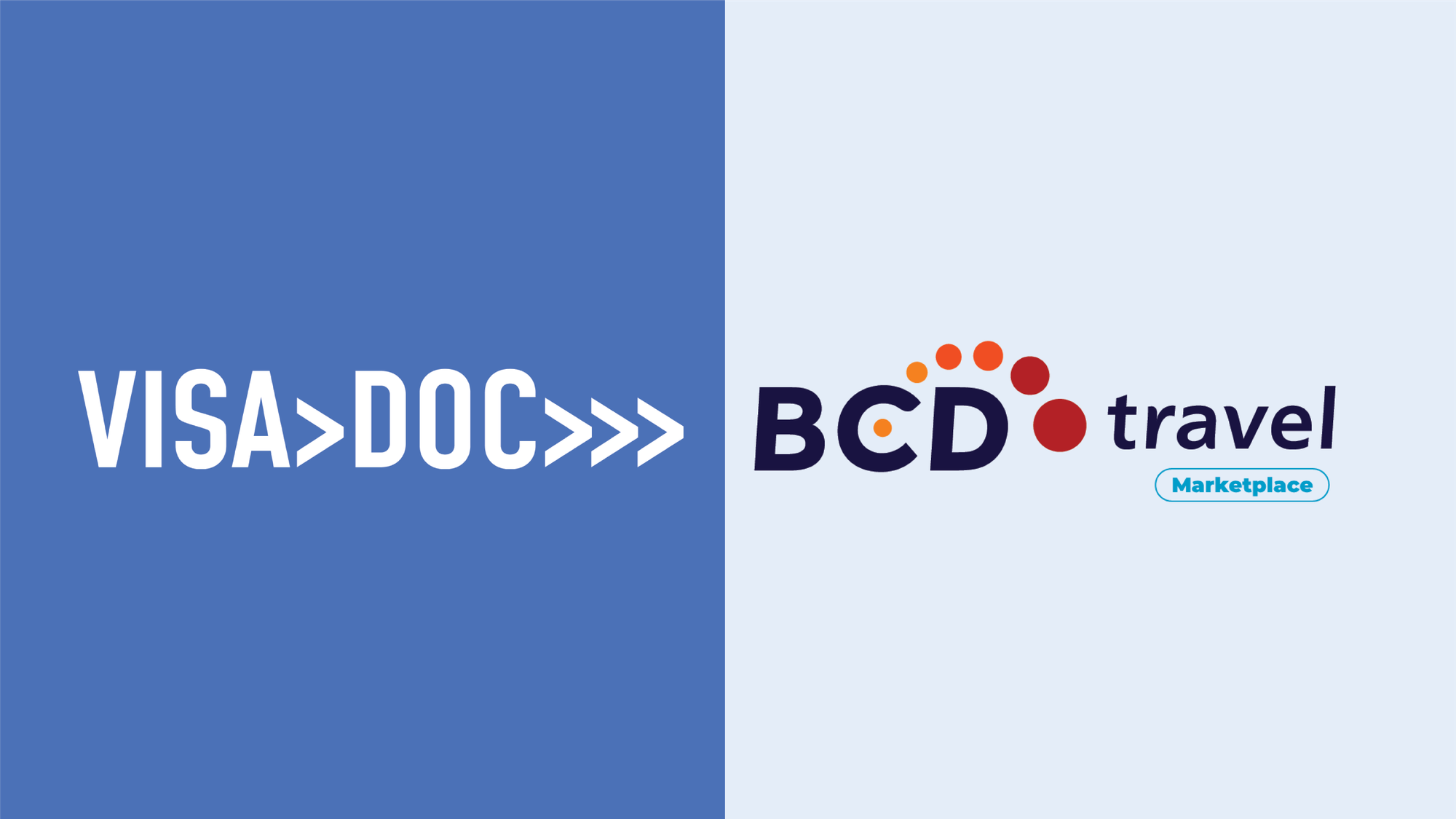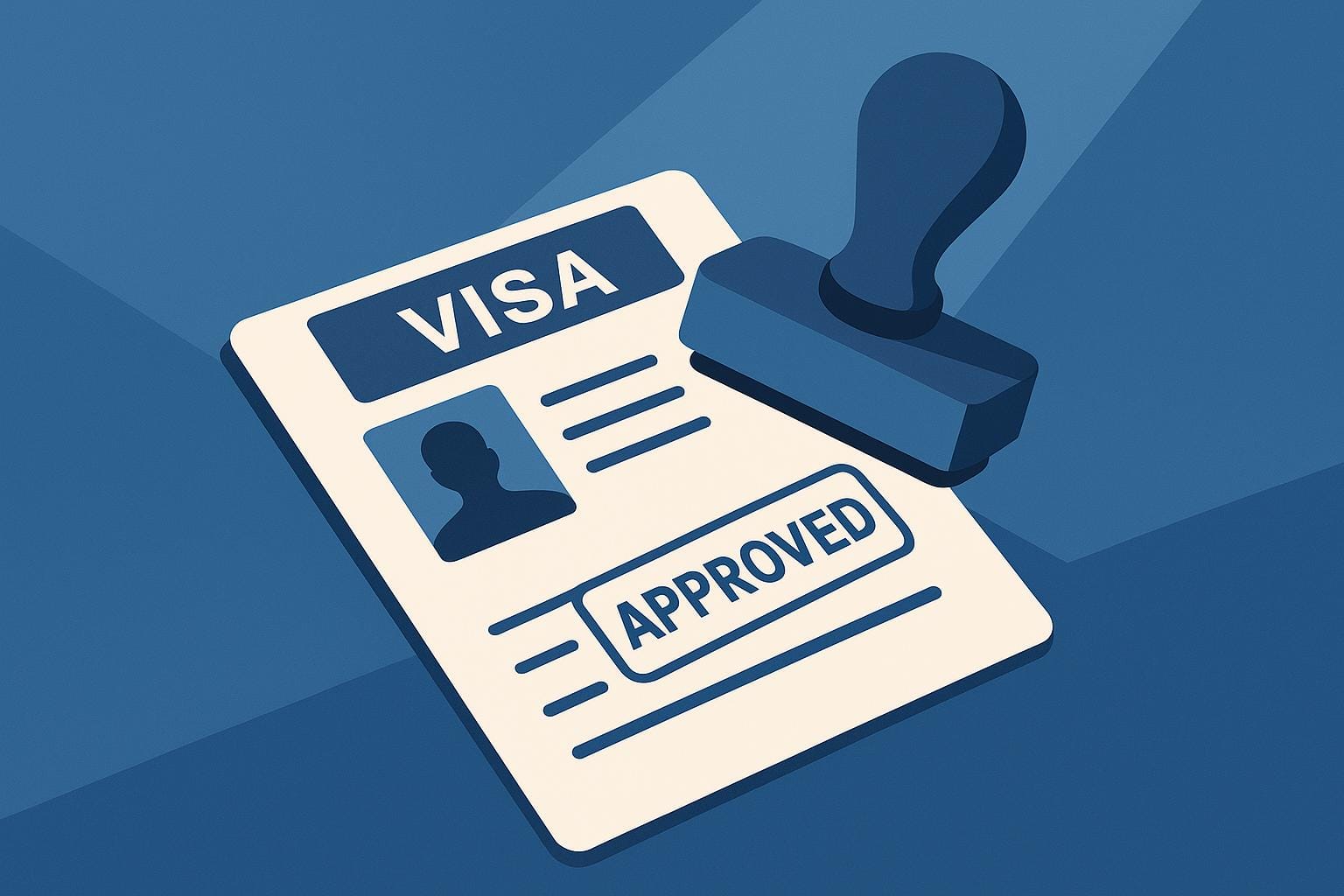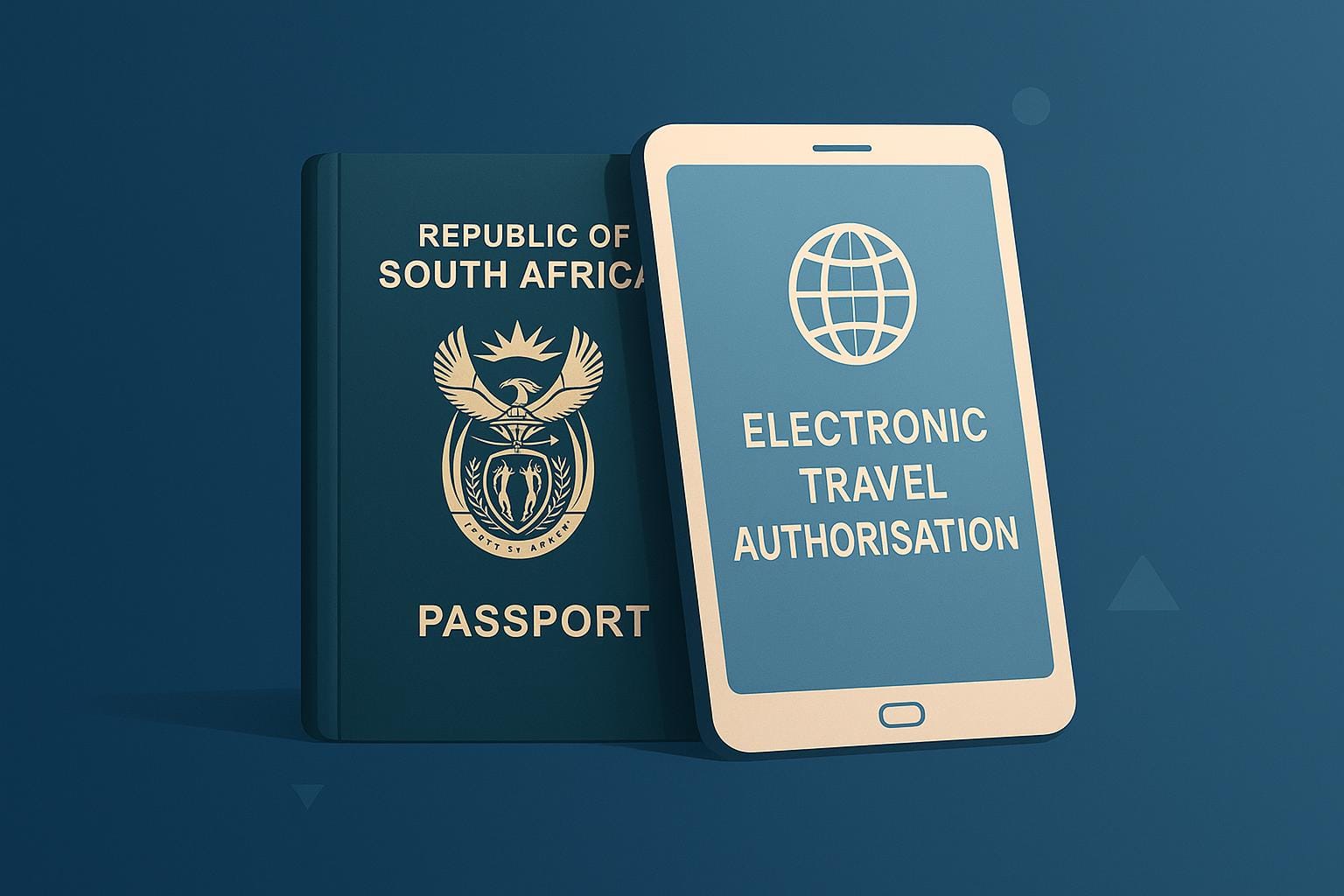Hungary’s business meeting visa is designed for foreign professionals in manufacturing seeking to establish joint ventures or partnerships within the EU. The visa permits short-term stays of up to 90 days for activities like meetings, negotiations, and planning. For longer commitments, Type D visas and residence permits are available.
Key benefits include:
- Access to Hungary’s low corporate tax rate (9%) and business-friendly policies.
- A skilled workforce and advanced infrastructure in sectors like automotive and electronics.
- Central location in Europe, offering proximity to a market of 250 million people.
Eligibility requires proof of legitimate business purposes, such as joint venture agreements, regulatory compliance documents, and partnership plans. Applications are processed via VFS Global, with fees starting at €90. Processing times range from 15 to 45 days. Compliance with immigration rules, including visa validity and employment regulations, is critical to avoid penalties.
For companies managing multiple visa applications, tools like VisaDoc simplify processes with features like automated tracking and document verification. This visa provides a straightforward pathway for manufacturing businesses to collaborate and expand in Hungary.
Eligibility Criteria and Required Documentation
If you're planning a joint venture in Hungary's manufacturing sector, understanding the eligibility requirements and necessary paperwork for a business meeting visa is crucial. Updates effective from January 2025 introduce specific rules based on nationality and documentation standards. Below, you'll find the key details about applicant qualifications and the documents required for a successful application.
Who Can Apply for This Visa
Nationality Requirements
Starting 1 January 2025, Employment Purpose Residence Permits and Guest Worker Residence Permits will be available exclusively to nationals from Armenia, Georgia, and the Philippines. Applicants must also meet a readmission condition, which includes either a signed agreement with Hungary or the EU, or a formal commitment from an official Hungarian entity.
Additional Nationality Provisions
Citizens of Ukraine and Serbia can obtain employment through a National Card. Meanwhile, regulations for self-employed guest workers remain unchanged.
Professional and Financial Requirements
Foreign entrepreneurs founding companies in Hungary can qualify for residence permits if their business generates an income of at least €1,500. Additionally, applicants must provide evidence of a legitimate business purpose, such as existing partnerships or documented joint venture negotiations.
Documents You Need for Your Application
Once you've confirmed your eligibility, you'll need to gather specific documents to support your application. All documents must be translated into Hungarian or English through the state translation agency.
Additional Documents for the Manufacturing Sector
For professionals involved in manufacturing joint ventures, the application requires extra documentation tailored to the industry's technical and regulatory needs:
-
Joint Venture Documentation:
Include agreements or memoranda of understanding between your company and Hungarian partners. These should clearly outline the scope of collaboration and planned manufacturing activities. Supporting materials like company profiles, product catalogues, or technical specifications can provide further evidence of your business focus. -
Regulatory Compliance Documents:
Submit environmental permits and health and safety certifications to show compliance with Hungarian and domestic regulations. For specialised sectors like pharmaceutical manufacturing, additional licences may also be necessary. -
Partnership Documentation:
Provide agreements that detail technology transfer, equipment sharing, or joint production plans. You’ll also need documentation from the Hungarian Chamber of Commerce, which is typically submitted through a Hungarian attorney representing the company founders.
Keep in mind that the process may require multiple visits to Hungary. For example, you'll need to open a bank account first, and later return to apply for a residence permit once your company is officially registered.
Step-by-Step Application Process
If you're applying for Hungary's business meeting visa while in the UK, it's important to follow a clear and organised process. The entire application is handled through VFS Global, Hungary's official visa application partner, with the final decision resting with the Hungarian Embassy.
Booking and Attending Your Appointment
Start by creating an account on the VFS Global website. Once registered, complete the Schengen visa application form available on the Hungarian government’s official site. Make sure to select the correct visa centre based on your UK address to avoid any issues. Applications submitted in London are sent to the consulate the next working day, while those from Edinburgh or Manchester may take longer.
To book your appointment, use the VFS Global online system to choose a date and location that works for you. It’s wise to schedule your appointment well ahead of your planned travel date, as processing times can vary. For a business meeting visa, booking an appointment online is mandatory.
On the day of your appointment, arrive 15 minutes early with all necessary documents, including your completed application form, travel insurance, UK residence permit, invitation letter, passport, and any other required paperwork. The staff will review your submission to ensure everything is in order and may ask questions about your travel plans and the purpose of your visit.
After your appointment is secured, focus on gathering and submitting your documents along with the required fees.
Submitting Documents and Paying Fees
Ensure your online application form is fully completed and signed before your appointment. Bring original documents along with photocopies, and make sure all supporting materials are recent (no older than one month). Additional documentation may be requested if needed.
Here’s a summary of the fees involved:
| Fee Type | Amount | Payment Methods |
|---|---|---|
| Schengen visa fee | €90 | Cash, credit/debit card |
| Children's visa fee (6–12 years) | €45 | Cash, credit/debit card |
| VFS service fee | £25 | Cash, credit/debit card |
Note: Cash payments are not accepted at the Edinburgh centre. The visa fee in GBP is based on the current exchange rate and may change without notice. In some cases, a fee of €135 or €180 may apply if the Council adopts an implementing decision under Article 25a. Cheques and direct bank transfers are not accepted, and all fees are non-refundable.
Once your application is submitted, you’ll receive a receipt containing your passport tracking number. VFS will then forward your application to the Hungarian Embassy, along with the service fee.
After submission, the processing timeline begins.
Processing Times and Entry Procedures
The processing time for visa applications is typically a minimum of 15 calendar days from when the Hungarian Consulate in London receives your documents. However, it can take up to 45 days, and long-term visas (such as the Hungary D visa) may require up to 60 days. Applications submitted from Edinburgh or Manchester may take an extra three working days to reach the Consulate.
You can apply as early as six months before your planned travel date. For short-term visas, aim to apply at least one month in advance, while long-term visas should be submitted 60 days prior. Ensuring your application is complete and meets all requirements is key to avoiding delays.
Even with a valid Schengen visa, entry into the Schengen area is not guaranteed. Upon arrival, immigration officials will verify that you haven’t exceeded the 90-day visa-free period by checking your entry and exit stamps. You may also need to show proof of a return or onward ticket, sufficient funds, and accommodation details. Make sure your passport is stamped on both entry and exit, and be ready to provide additional information or attend an interview if requested.
Compliance and Legal Obligations for Visa Holders
Staying on the right side of immigration laws is crucial for visa holders and sponsoring companies alike. Both parties must meet specific requirements to maintain legal status and avoid penalties under Hungarian immigration law.
Make sure to also review your visa's validity and extension options to plan your stay effectively.
Visa Validity Periods and Extensions
Under the Schengen framework, visas allow stays of up to 90 days within any 180-day period. This means you can spend a maximum of three months in Hungary and other Schengen countries during any six-month window without needing additional permits.
If you plan to stay longer than 90 days, you’ll need to apply for a one-year residency permit, which can be renewed if you continue to meet the eligibility criteria. These permits are commonly issued for professionals involved in manufacturing joint ventures requiring an extended presence in Hungary.
However, the process for extended stays has become stricter. The one-time entry visa, which allows you to enter Hungary to collect your residence permit, now comes with a reduced validity of three months without extension, down from the previous 12 months. This shorter validity period means careful planning is essential to avoid gaps in your legal status.
For companies, it’s important to note that residence permit extension applications must be submitted at least 30 days before expiration to maintain continuity of legal status. The Enter Hungary electronic system, managed by the National Directorate-General for Aliens Policing (NDGAP), streamlines the application and processing of residence permits.
What Companies and Employees Must Do
Employers hosting foreign nationals bear specific responsibilities. They must ensure that employees hold a valid residence permit that authorises them to work for the company. A copy of this permit must be kept on file for the entire duration of the employee's employment.
Tax compliance is another critical area. Hungary offers competitive tax rates, but starting from 1st January 2025, the country will phase out three key personal income tax benefits for most third-country nationals working in Hungary.
Travel insurance is mandatory. Before travelling, make sure to purchase overseas health insurance, as many UK medical policies don’t cover international expenses. This is especially important for professionals working in industrial environments, where safety risks may be higher.
Additionally, companies must notify immigration authorities of employment start dates and provide updates if employment does not proceed as planned or when it ends. Failure to meet these obligations can result in penalties and complications for future visa applications.
Right-to-work checks are non-negotiable. Employers must verify documents such as passports, work permits, residence permits, and work visas. To simplify this process, companies can register on the Enter Hungary system via the Company Portal.
Business Visa Restrictions and Limitations
It’s also essential to understand the limitations of your visa. For example, a business visa cannot be converted into a work permit while you’re in Hungary. If you need to transition to employment, you’ll need to return to your home country and apply for the appropriate work visa through a Hungarian embassy or consulate.
Guest worker permit holders face additional restrictions. They cannot switch to another type of permit, including permanent residence, and their family members are ineligible for family reunification permits. If employment ends, guest workers must leave Hungary within six days to avoid fines.
The work permit application process for foreign employees can take 60 to 75 days. Stricter fraud-prevention measures have made the process more complex, so companies may benefit from hiring consultancy firms to help navigate these challenges.
Starting from 1st January 2025, permanent residence applicants will also need to pass a Hungarian history and culture test conducted in Hungarian. This adds another layer of preparation for those considering long-term residence.
For professionals in manufacturing joint ventures, it’s worth noting that English is widely used in multinational firms, but smaller or state-owned companies may require interpreters for compliance meetings or legal proceedings due to limited English proficiency among their managers.
Lastly, companies should be ready for tighter enforcement of employment notification requirements, as Hungarian authorities have ramped up compliance monitoring in recent years.
Managing Visa Applications with VisaDoc

Handling multiple visa applications can be a daunting task for HR teams. From juggling deadlines to ensuring compliance and managing employee documentation, the workload can quickly become overwhelming. This often pulls resources away from other critical business functions.
VisaDoc offers a solution to these challenges. It's a cloud-based visa and immigration case management platform designed to simplify the entire visa application process, particularly for multinational corporations.
How VisaDoc Simplifies Visa Processes
VisaDoc automates the often-complicated visa application process with features tailored to meet the needs of manufacturing sector joint ventures.
One standout feature is its document management system, which automatically verifies submissions to minimise the risk of rejections. Automated status tracking keeps everyone involved in the loop, while HR teams can monitor progress through a centralised dashboard. This dashboard provides a clear overview of timelines, document statuses, and communication logs, ensuring transparency and efficiency. These tools not only streamline the process but also help maintain compliance and reduce risks.
The platform also offers customisable workflows, allowing businesses to tailor processes for different visa types and scenarios. For example, manufacturing firms can create distinct workflows for short-term business trips, long-term project assignments, or recurring joint venture engagements. This flexibility ensures that every application is handled consistently and efficiently, supporting smoother international business operations.
VisaDoc also empowers employees by giving them access to a secure client portal. Through this portal, they can upload documents, complete forms, and track the progress of their applications in real time. This reduces the administrative load on HR teams while keeping employees informed.
Additionally, VisaDoc integrates seamlessly with tools like Microsoft Office and identity verification systems, ensuring it fits smoothly into existing workflows.
Staying Compliant and Minimising Risks
VisaDoc keeps businesses ahead of ever-changing immigration regulations. Its real-time monitoring capabilities adapt to evolving requirements, offering automated eligibility checks and maintaining detailed audit trails. This ensures companies stay compliant without the need for constant manual intervention.
The platform also provides integrated deadline reminders to prevent missed dates or costly oversights. Its sponsor licence tracking feature is particularly useful for businesses managing multiple foreign employees, sending alerts for critical compliance deadlines to help avoid penalties.
To stay current with regulatory changes, VisaDoc includes version control. As immigration policies in countries like Hungary become stricter, the system automatically updates its compliance frameworks, ensuring all applications meet the latest requirements.
Manual vs Automated Visa Management
When comparing manual visa management to an automated system like VisaDoc, the advantages of automation are clear. Manual processes, such as document verification, are prone to human error, while VisaDoc uses AI-powered tools to detect errors automatically. Relying on spreadsheets for tracking can lead to missed deadlines, but VisaDoc's automated reminders ensure that expiring visas and renewal dates are never overlooked. Additionally, while manual methods often require reactive responses to regulatory changes, VisaDoc provides real-time updates and monitoring.
For manufacturing companies involved in joint ventures, the time saved through automation is invaluable. HR teams report that features like automated reminders, pre-filled forms, and employee self-service tools significantly reduce their workload, freeing them to focus on more strategic tasks.
VisaDoc's strong 4/5 rating as a visa management system underscores its effectiveness in addressing the unique challenges faced by multinational corporations. Its focus on immigration compliance and visa workflow automation makes it particularly well-suited for businesses operating in highly regulated sectors like manufacturing.
With tools such as audit trails, deadline reminders, and status trackers, VisaDoc ensures applications are submitted on time and in accordance with Hungarian immigration laws. This reduces the risk of delays or rejections that could disrupt critical joint venture operations. By automating these processes, VisaDoc helps businesses maintain compliance and manage applications with ease.
Conclusion
Hungary's business meeting visa serves as a crucial tool for manufacturing companies looking to establish joint ventures in one of Europe’s most dynamic industrial regions. With its multiple-entry option, this visa allows professionals to manage complex, ongoing projects that require frequent collaboration and travel.
For multinational corporations, the visa is particularly valuable. It enables swift responses to market opportunities without the delays often tied to work permit applications. Professionals can efficiently conduct site inspections, lead technical workshops, and negotiate deals - all essential activities in today’s fast-moving manufacturing landscape, where timing can make or break a project.
That said, compliance is critical. Companies must strictly adhere to the visa’s permitted business activities. Failing to do so could lead to serious consequences, including visa revocation, entry bans, and potential setbacks for joint ventures. These considerations underscore the importance of understanding and respecting the rules governing Hungary’s business meeting visa.
Key Takeaways
- Cost: The visa is relatively affordable, costing €110 when applied for at consulates or €64 if submitted within Hungary.
- Documentation: Accurate and up-to-date documentation is crucial to prevent delays in processing.
- Automation Benefits: Transitioning from manual to automated visa management can streamline the process. Tools like VisaDoc provide real-time tracking, document verification, and a centralised dashboard, addressing the specific needs of HR teams in the manufacturing sector.
For manufacturing companies aiming to build partnerships in Hungary, the business meeting visa offers a practical and efficient route to cross-border collaboration. Success hinges on careful preparation, strict compliance with regulations, and using the right tools to manage the application process. By mastering these aspects, companies can fully tap into Hungary’s strategic advantages and its welcoming environment for manufacturing ventures.
FAQs
What are the eligibility criteria for Hungary’s business meeting visa for professionals in the manufacturing sector?
To apply for Hungary’s business meeting visa, you’ll need to ensure you meet the following requirements:
- Valid Passport: Your passport must have been issued within the last 10 years, include at least two blank pages, and remain valid for at least three months beyond your planned departure date.
- Proof of Financial Means: You’ll need to show evidence of adequate funds, such as a bank statement with a minimum balance of €9,000.
- Purpose of Visit: Provide documents that clearly explain the reason for your trip, like a formal invitation from a Hungarian company or detailed business plans.
On top of these, you’ll need to fill out the visa application form, supply recent passport-sized photos, and provide evidence that your trip involves legitimate business activities, such as attending meetings or working on joint ventures, particularly in areas like manufacturing.
How does Hungary's business meeting visa support joint ventures in the manufacturing sector?
Hungary's business meeting visa is tailored to help foreign professionals set up and manage joint ventures in the manufacturing sector with less hassle. This visa allows entrepreneurs to establish a company in Hungary and secure a residence permit, as long as the business meets the requirement of generating a minimum monthly income of €1,500.
To apply, you'll need to provide a business plan or financial documents like bank statements. Initially, the visa is issued for one year but can be renewed for up to three years. This flexibility enables business owners to oversee their operations and build international collaborations more effectively. By streamlining residency and legal processes, this visa supports global partnerships and contributes to the growth of Hungary's manufacturing sector.
What should companies do to comply with Hungarian immigration laws when using the business meeting visa for manufacturing sector joint ventures?
When navigating Hungarian immigration laws with a business meeting visa, companies must ensure that their employees or representatives have the correct visa type. For stays exceeding 90 days, a long-term visa or residence permit is usually required. Applications should include essential documentation, such as proof of employment or business ownership, travel insurance, and accommodation details.
If employees intend to remain in Hungary for an extended period, businesses should be aware of settlement permit requirements. These permits are generally based on factors like the duration of legal residence and the purpose of the stay. Staying updated on immigration regulations and keeping thorough, accurate records is crucial to ensure compliance and avoid any legal complications.
Related Blog Posts
- Site Inspection Visits to Manufacturing Facilities in Vietnam: Business Visa Documentation Requirements
- Schengen Quick Entry: 72-Hour Business Meeting Visa Options for Urgent Corporate Travel
- Kenya's Business Meeting Visa for East African Community Corporate Partnerships
- Oman's Business Meeting Visa: Documentation for Energy Sector Corporate Negotiations













